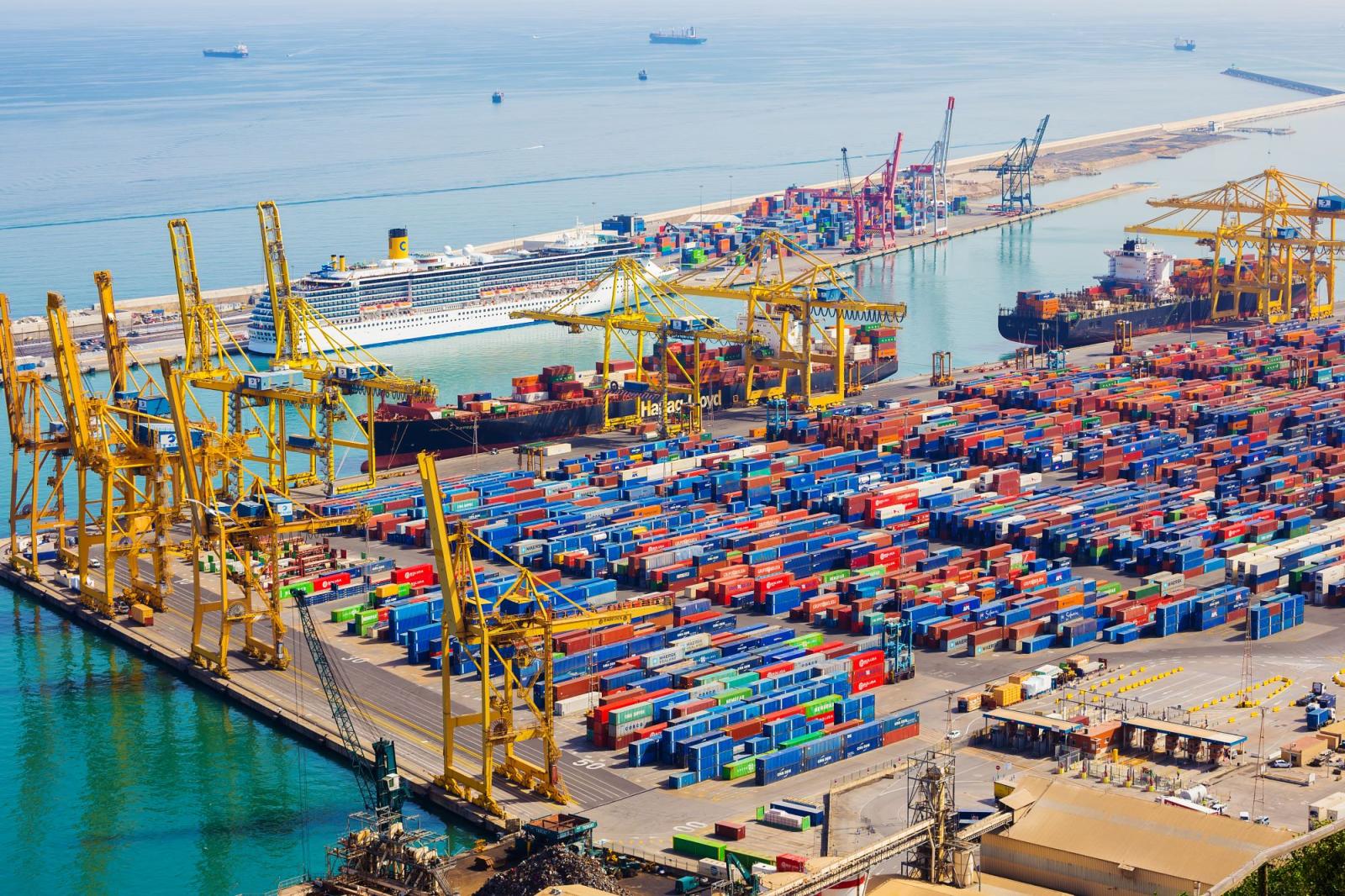
A deep dive into the Rotterdam Convention
Secretariat of the Basel, Rotterdam and Stockholm Conventions, UNEP (502), FAO (4231)
The dramatic growth in chemical production and trade during the past decades has raised concerns about the potential risks posed by hazardous chemicals and pesticides. Countries lacking adequate infrastructure to monitor the import and use of these chemicals are particularly vulnerable.
In response to these concerns, the Rotterdam Convention on the Prior Informed Consent Procedure for Certain Hazardous Chemicals and Pesticides in International Trade was adopted in 1998 and entered into force in 2004. It aims to promote shared responsibility and cooperative efforts among Parties in the international trade of certain hazardous chemicals in order to protect human health and the environment from potential harm and to contribute to their environmentally sound use.
This course provides an in-depth learning experience, systematically covering the mechanisms and provisions of the Convention. It explores in detail key concepts and processes - for example, step by step completion of an import response form – and covers topics such as Annex II criteria, provisions on custom codes and labelling, among others.
Course at a glance
The e-course is self-paced and adapted to the schedule of full-time working professionals. The e-course is structured in four module, with each module including several lessons.
- Module 1: What is the Rotterdam Convention and why was it created?
1.1. Objectives, scope and relationship to other agreements; 1.2. Key mechanisms and actors - Module 2: How are chemicals listed under the Convention?
2.1. Overview of the listing procedure; 2.2. Notifications of final regulatory actions; 2.3. Proposals for severely hazardous pesticide formulations - Module 3: How does the trade of chemicals listed in Annex III to the Convention work?
3.1. Overview of the prior informed consent procedure; 3.2. Imports of Annex III chemicals; 3.3. Exports of Annex III chemicals - Module 4: Which mechanisms exist for the exchange of information under the Convention?
4.1. Exports of banned or severely restricted chemicals; 4.2. Classification and labelling; 4.3. Exchange of scientific, technical, economic and legal information
Completion requirements
The successful completion of the course rewards the learner with a certificate. To complete the course, the learner must complete all four modules and pass each associated quiz with a minimum grade of 70% from no more than three attempts. The completion of each module also rewards the learner with a badge.
Who should take this course?
This self-paced online course on the Rotterdam Convention primarily targets the Rotterdam Convention designated national authorities (DNAs) and Official Contact Points (OCPs). It also offers valuable knowledge for other governmental and non-governmental actors with a role in the implementation of the Convention, from custom authorities to chemical importers.
The course also offers valuable knowledge and insights for the following audiences:
- Private sector entities with a role in the import and/or export of chemicals;
- Civil society organizations with an interest in the functioning of the Rotterdam Convention; and
- Individuals with an interest in the international trade of chemicals.

